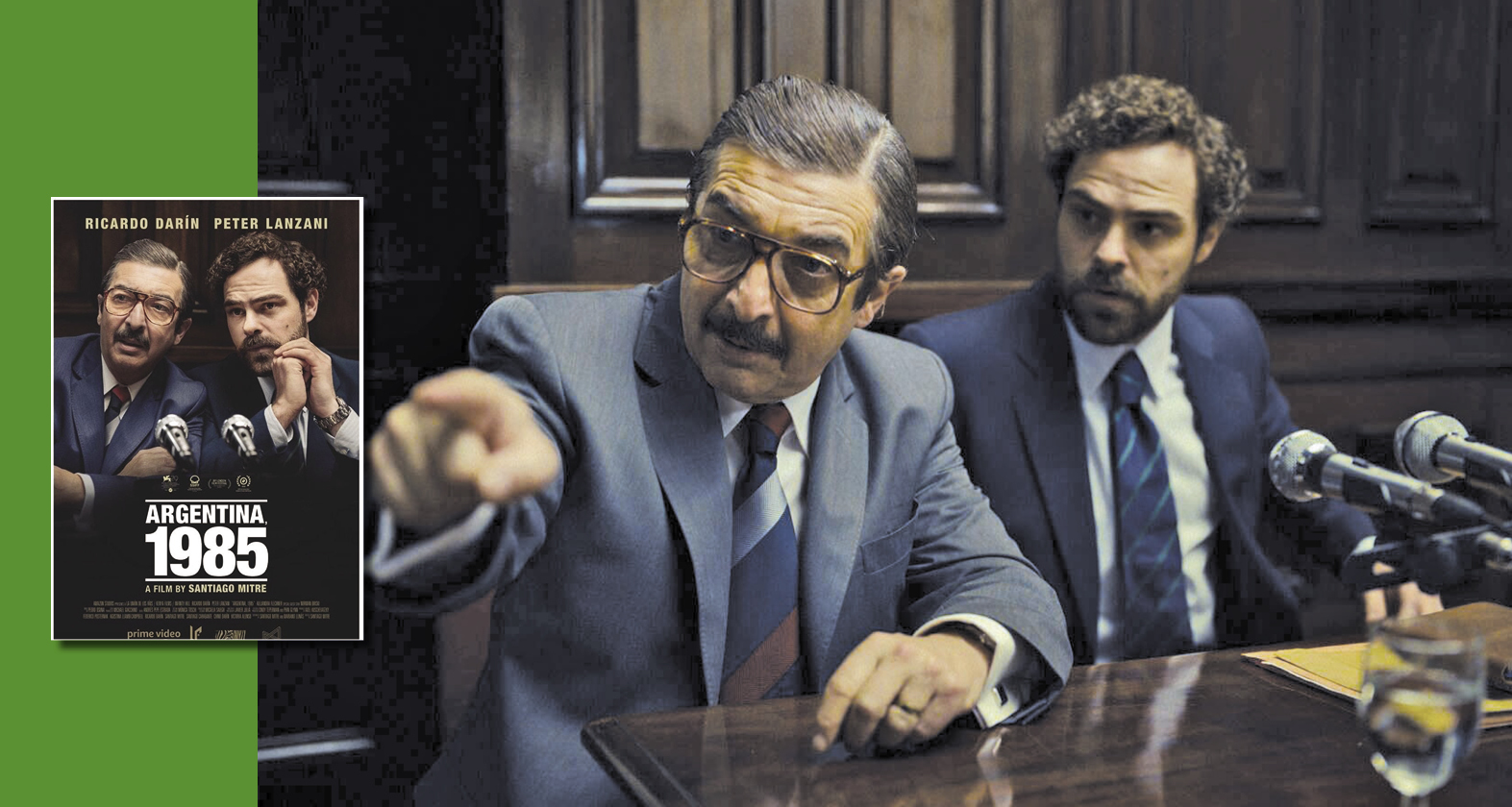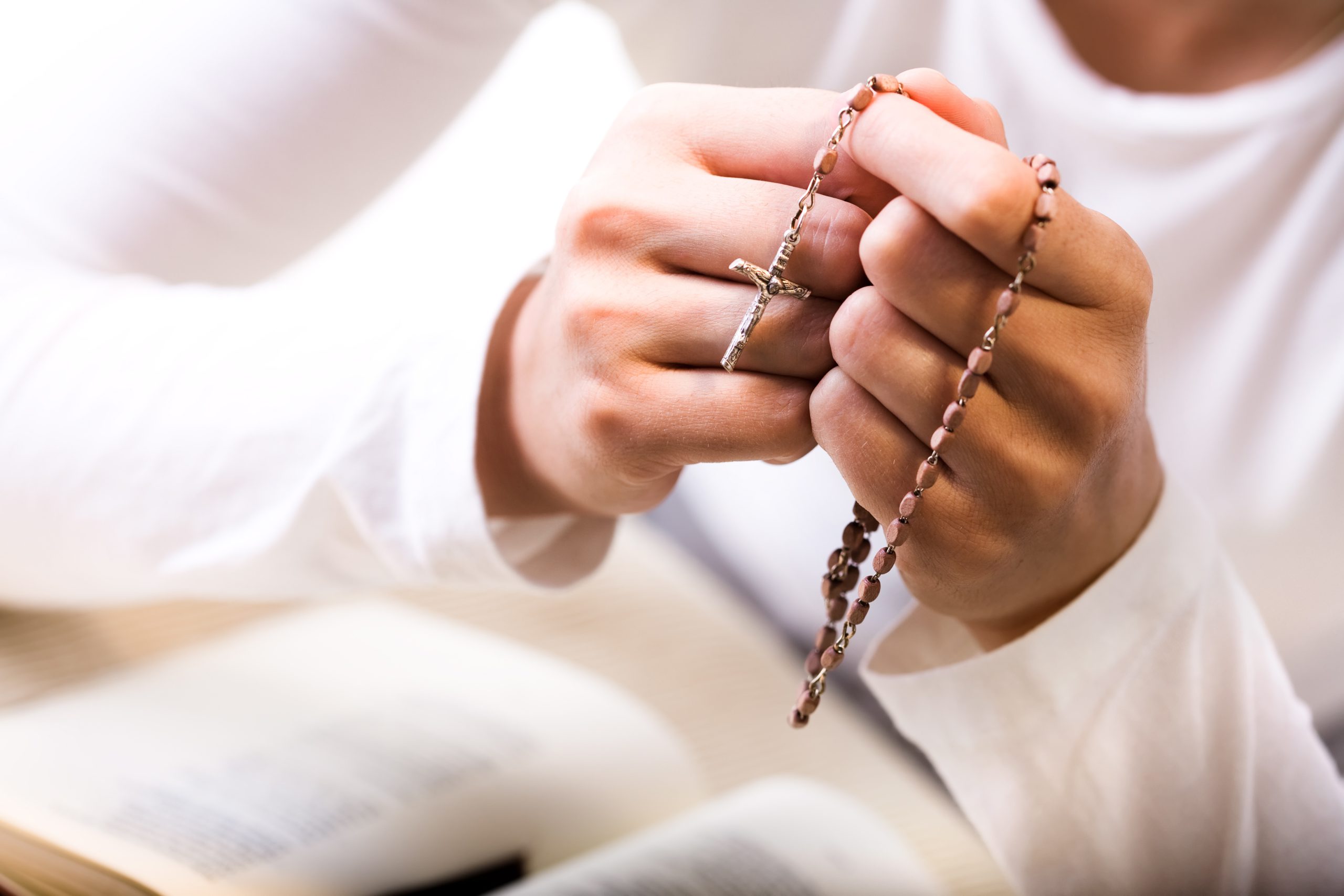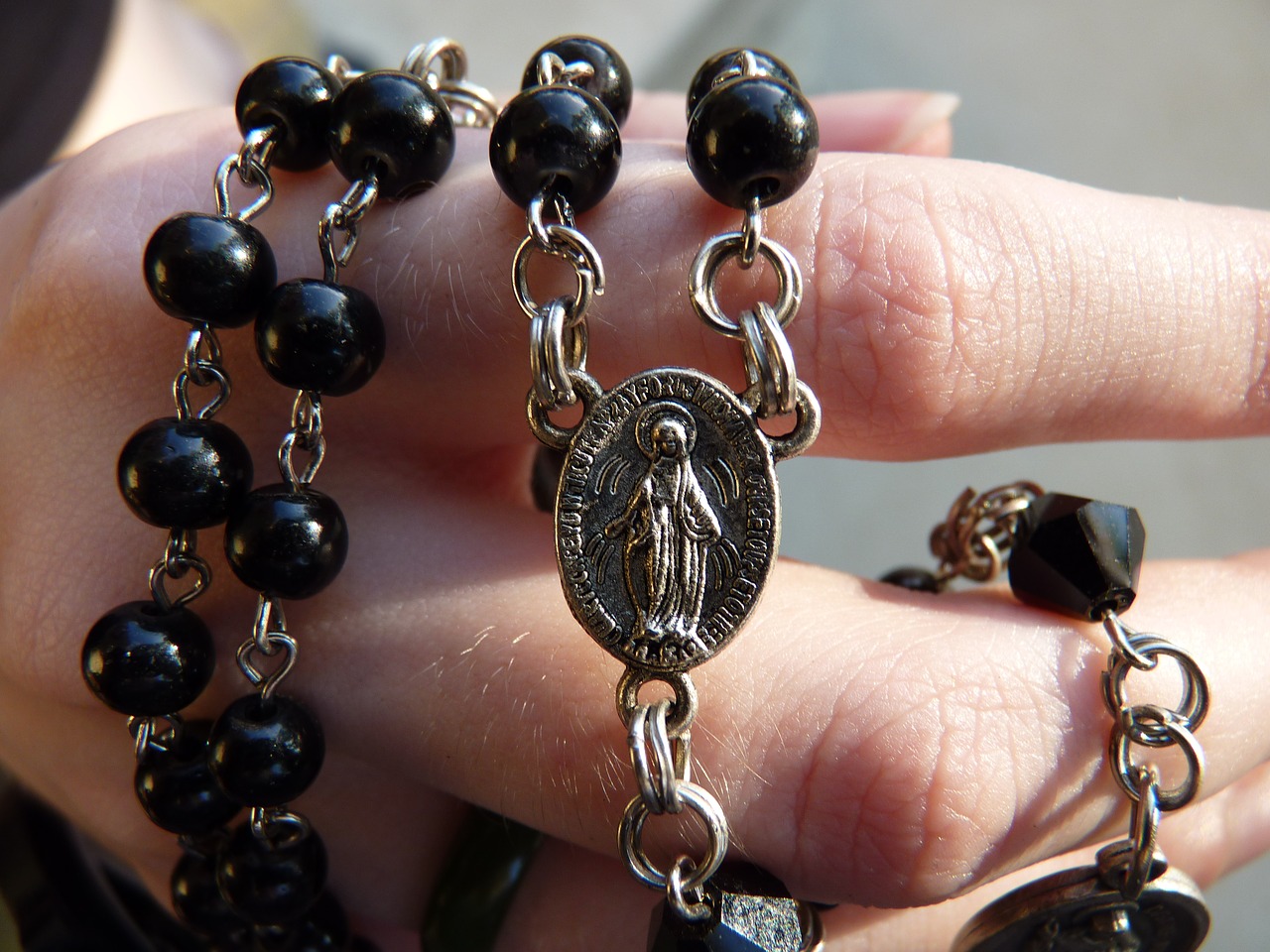Argentina, 1985
Following years of military dictatorships, Argentina’s new democratic government prepares to put the ringleaders of the various military juntas and their civil collaborators on trial for crimes against humanity that were committed between 1976 and 1983.
Julio César Strassera (Ricardo Darín), a lawyer, husband, and father, is chosen as the special prosecutor. Not only is he reluctant, but so is the judiciary that does not want to prosecute the criminals. Only Luis Moreno Ocampo (Peter Lanzani), whose family has ties to the military, is willing to assist. At first, Strassera declines his help but eventually takes him on. It is Ocampo who suggests hiring junior lawyers to support them when seasoned lawyers decline. Strassera is grateful for his family’s support, especially that of his wife, Silvia (Alejandra Flechner), and young son.
The team has a huge task ahead of them. Since crimes were committed throughout the country, each charge must be researched and supported by evidence. Strassera and the team receive death threats, but they continue. On the first day of trial, there is a bomb threat that nearly ends the proceedings before they begin. Strassera convinces the judges, who will decide the fate of the accused criminals, to continue. Witnesses offering heartbreaking testimony are recorded for posterity, and parts are broadcast around the world.
Based on actual events, Argentina, 1985 was directed and cowritten by Santiago Mitre. It received a commendation award from SIGNIS, the Catholic jury, at the Venice Film Festival last summer, and is nominated for an Oscar in the Foreign Language category.
For such a serious subject, the sense of family pervades it, from that of Strassera, to the family formed by the legal team, to the greater community of Argentina and the world. I was frequently reminded of the long-running television drama Law & Order because of the characters and how it runs like a police procedural—only the stakes are much greater. Argentina, 1985 is streaming on Amazon.
Not yet rated, R • Violence, kidnapping, murder, sex abuse, language, abuse of political power.

Mirando Al Cielo
On a rainy night in 1931, a man attempts to assassinate Rafael Picazo (Luis Xavier), the mayor of Sahuayo, a small town southwest of Mexico City. When the parish priest is called to hear his confession, Rafael threatens him and then has a change of heart. He begins to tell the story of his role in the martyrdom of his own godson, 14-year-old José Sánchez del Río (Julián Fidalgo), during the Cristero War (1926–1929).
The Cristeros were a Catholic army that rebelled against the Mexican government’s anticlerical policies that limited the work and influence of the Catholic Church. José, the youngest boy in the family, wants to join his two older brothers who have gone to join the Cristeros, but his parents (Marco Orozco and Estela Cano) refuse permission at first. The devout teenager, who longs for heaven, begs to join the rebels. General Morfín (Darío Rocas) allows José to come along as a flag bearer. In early 1928, José is captured and ordered to renounce Jesus Christ. The boy’s resounding cry of “¡Viva Cristo Rey!” assures his martyrdom.
The story of St. José, canonized by Pope Francis in 2016, was told in an almost epic scale among many characters in the 2012 film No Greater Glory. This film is a more intimate look at the young saint at home and his brief stint in the Cristero War. His uncomplicated spirituality stands out against the very complex background of violent tensions between the Catholic Church and the government in Mexico. Directed and written by Antonio Peláez, the story is engaging, and the film has high production value. Mirando al Cielo is in Spanish with English subtitles.
Not yet rated. • Violence, torture, peril.

Consecration
Grace (Jena Malone) is a young ophthalmologist who goes to a monastery on the Isle of Skye to find out the truth behind her brother’s suicide. He had been a priest and is accused of killing another priest and then himself. Father Romero (Danny Huston) is sent by the Vatican to reconsecrate the monastery. Neither Grace nor the very weird Mother Superior (Janet Suzman) believes her brother has done either act, so Grace tries to discover the truth.
In what is possibly the weirdest horror film about spooky nuns and priests—and despite the motif of transparency and clear vision along with a nod toward showing some kind of spirituality—this is a muddled attempt with no saving grace to tell a story about demonic action at a convent. The one unique aspect to the film is that it takes place mostly during the day, with lots of light, rather than in dark graveyards. Directed and cowritten by Christopher Smith, the script never matches the promise of the cinematography.
Not yet rated, R • Suicide, peril, violence.








